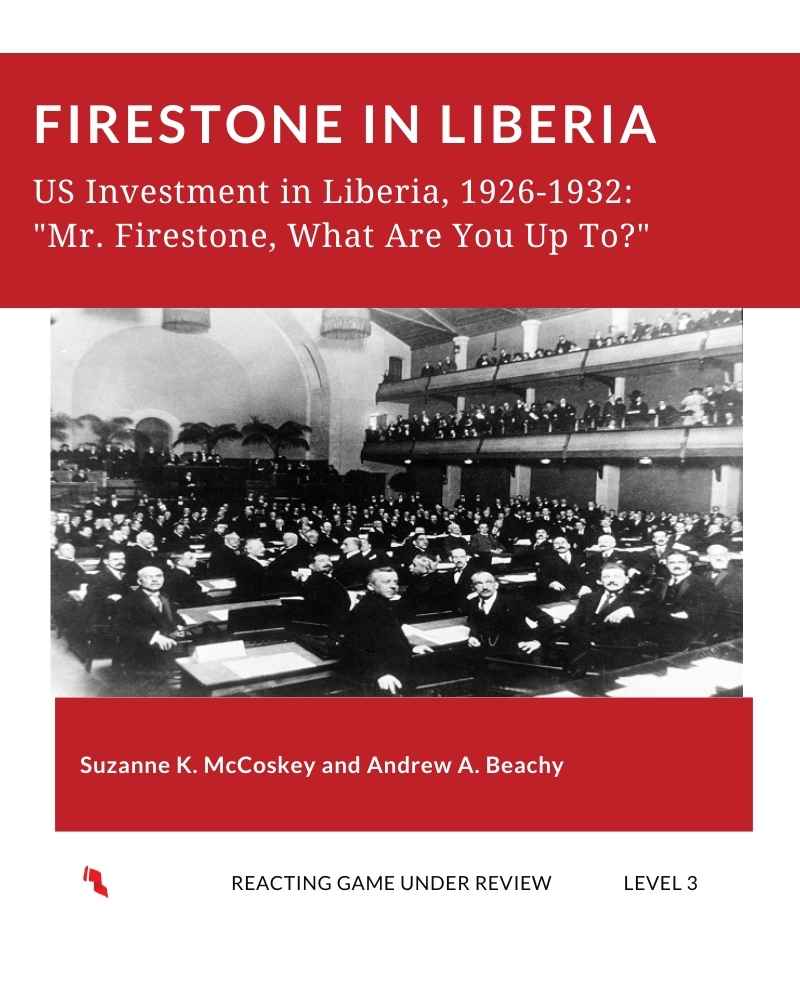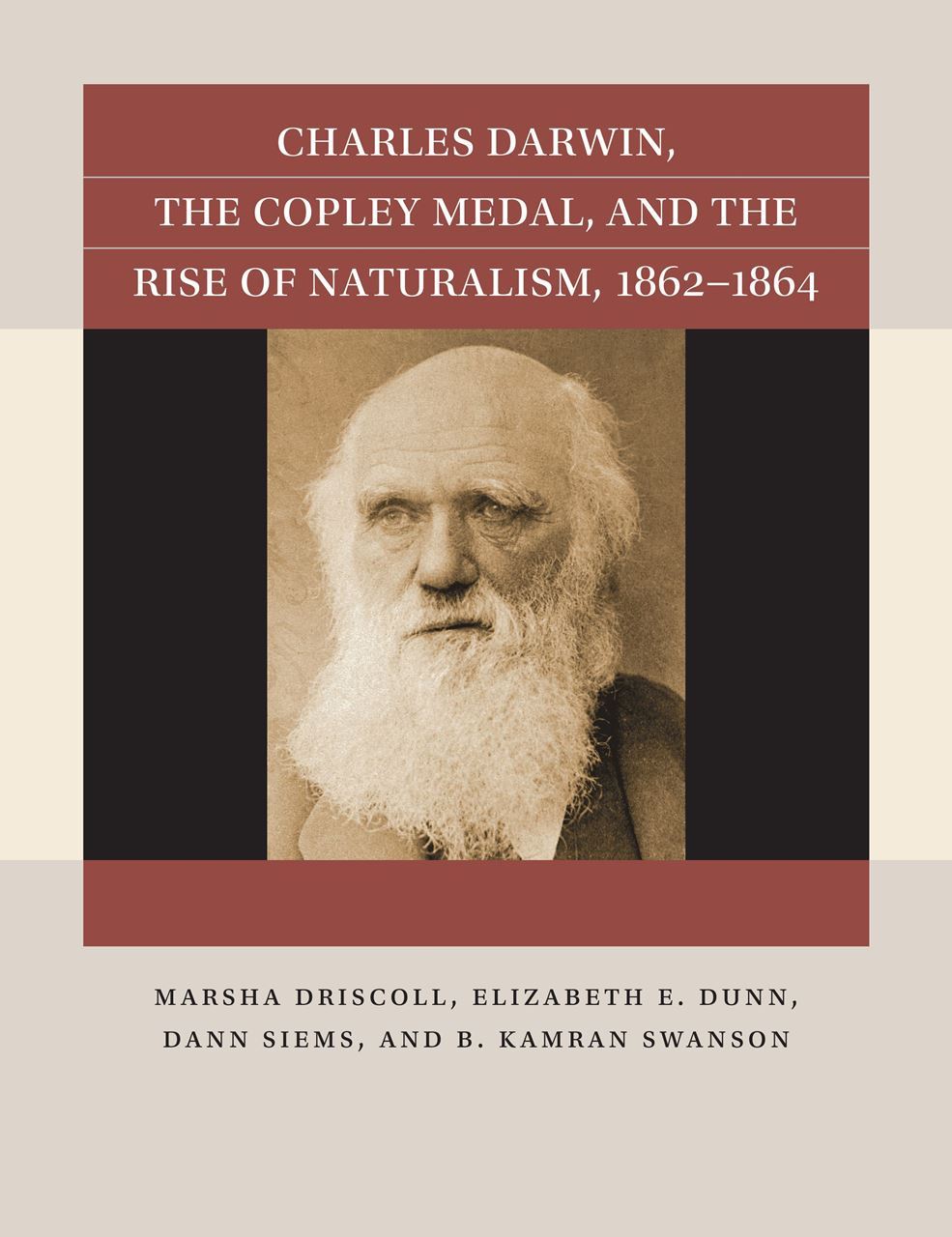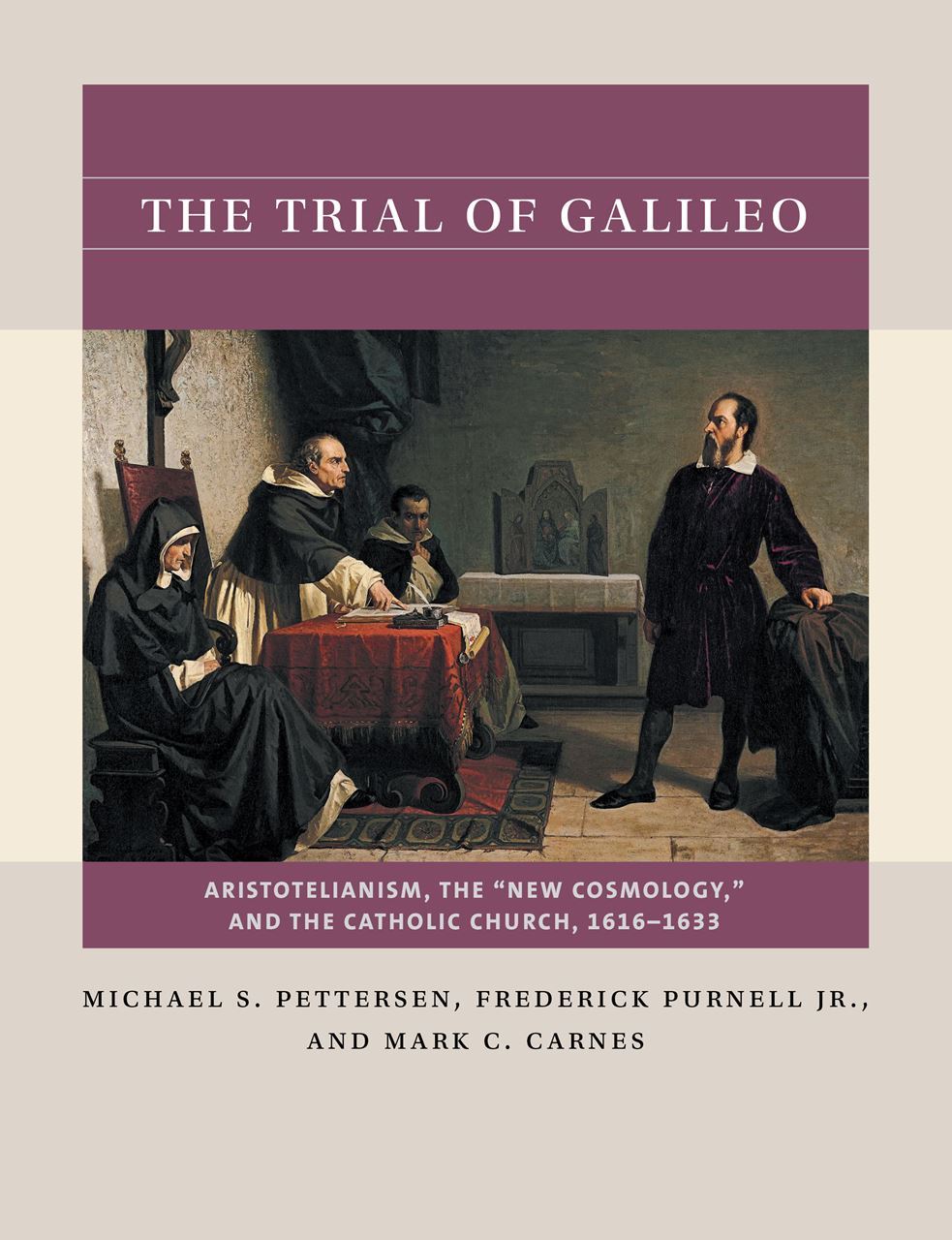 |
 Play this game recently? | Forced Labor Scandal in Liberia The year is 1932 and the ambitious investment by the Firestone Tire & Rubber Company in the West African country of Liberia is at a crossroads. Recent reports of slave labor in Liberia have come to the attention of the League of Nations and US State Department and, while the original allegations are not specific to the Company’s rubber operations outside of Monrovia, the international attention given to these reports could have a grave impact on the future of the Company. The League of Nations has investigated the labor issues in Liberia and has called witnesses to London to provide their testimony: should the future of this troubled country include a role for the US company or is it time for Firestone to leave Liberia? This is a Level 3 game that is still under development but has been approved by the Reacting Editorial Board (REB) for general use. A detailed explanation of the editorial process and game levels can be found on our REB Page. |
Details
|
Using the Game
Class Size and Scalability Class Time
This game can be used on its own, or with other games. These pairings are meant to be illustrative rather than exhaustive or prescriptive. Firestone in Liberia may pair well with:
|
 GAME MATERIALS
GAME MATERIALS
Reacting Consortium members can access all downloadable materials (including expanded and updated materials) below. You will be asked to sign in before downloading. Basic game materials (Gamebook, Role Sheets, Instructor's Guide, and Handouts) are available to any instructor through the publisher.
Please Fill out the Permissions Request Form Before Using Firestone in Liberia in Your Class!
Gamebook Students need a Gamebook, which includes directions, resources, and historical content. | Role Sheets Students also need a Role Sheet, which contains biographical information, role-specific resources or assignments, and their character's secret victory objectives. | Instructor's Manual The Instructor's Manual includes guidance for assigning roles, presenting historical context, assignments, activities and discussion topics, and more. |
Additional Resources |
Liberia: America’s Stepchild, 2002. (A PBS film posted in six parts on YouTube. Unfortunately, it is no longer available through PBS.) PBS-Frontline documentary “Firestone and the Warlord” An excellent resource that can be used in the game wrap-up which will show students how the collisions in this game helped plant the seeds of devastating civil conflict in Liberia in the 1980s and 1990s. |
Suzanne K. McCoskey
Suzanne K. McCoskey is an Associate Professor of Economics at Frostburg State University. She received her BA from Oberlin College and an MS in Applied Statistics and PhD in Economics from Syracuse University. In 2021, she completed an MSLaw— with a concentration in Emergency Management and Homeland Security Law—from the University of Maryland, Baltimore. Suzanne organizes her academic work around issues of mapping social and political structures onto economic systems and asking whether these structures allow or impede meaningful economic development and growth. |
Andrew A. Beachy
Andrew A. Beachy is an alumnus of Frostburg State University, graduating with his BS in Philosophy, a Journalism minor, and departmental honors in 2018. During and after his studies, he has worked in writing, editing, management, and communications. He enjoys studying and fostering the skills necessary to engage in critical and productive cross-cultural exchanges. Andrew also studies German and hopes to study abroad for his Master’s degree and possibly beyond. In his spare time, he enjoys cooking, reading, biking. |
Members can contact game authors directly if they have questions about using the game. We also invite instructors join our Facebook Faculty Lounge, where you'll find a wonderful community eager to help and answer questions.
|
|
|


